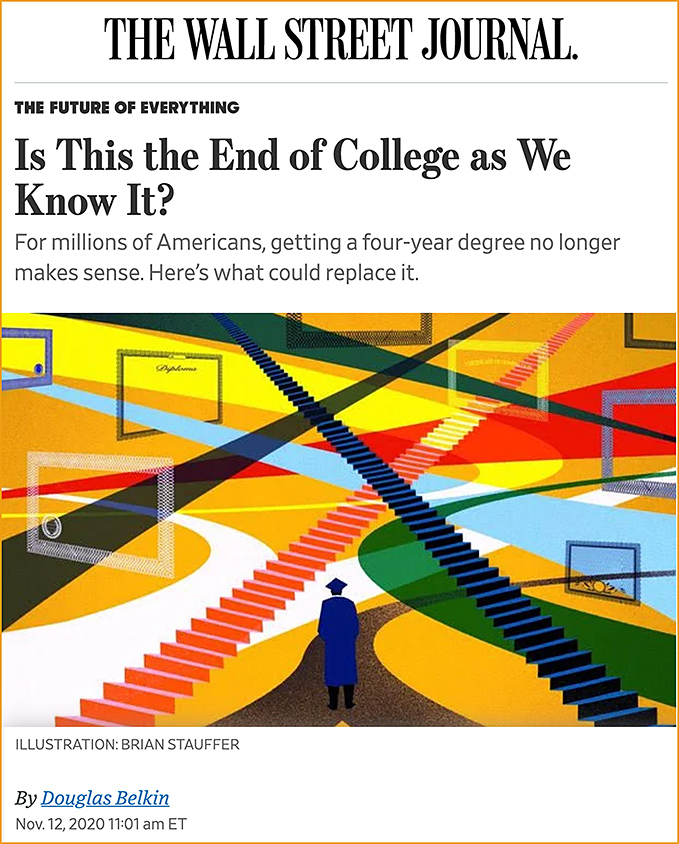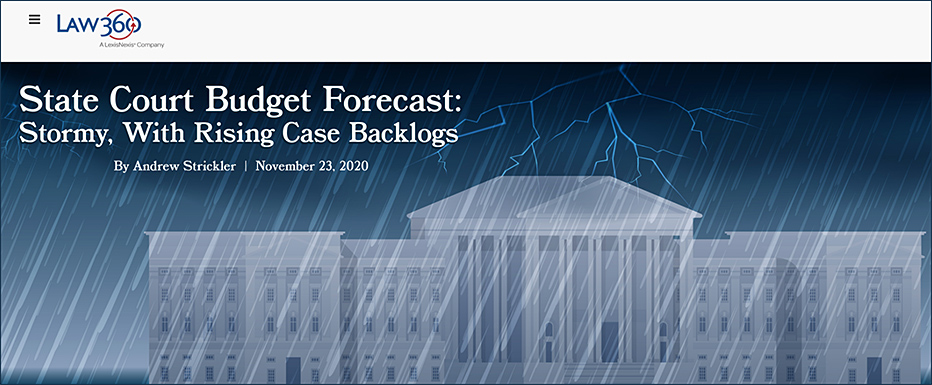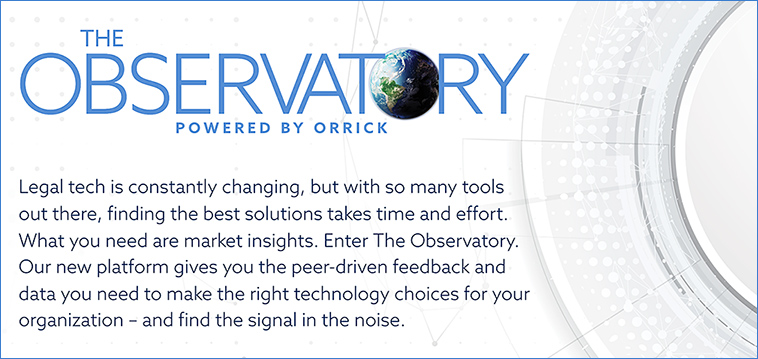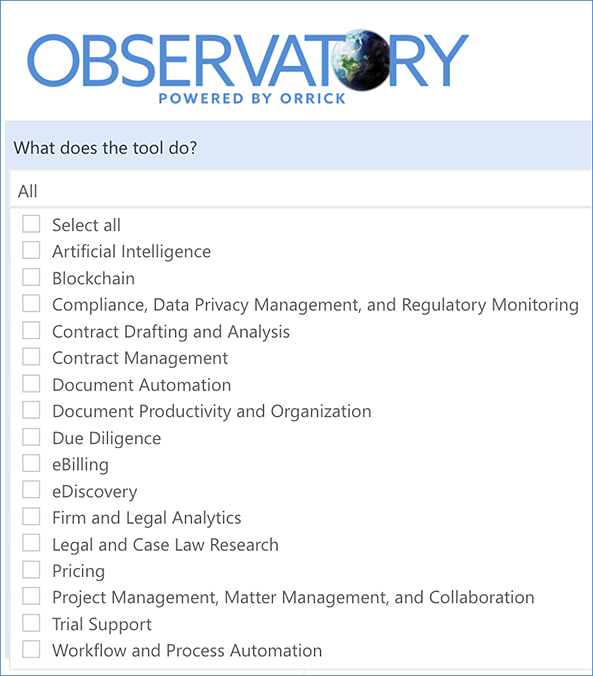Librarians become go-to resource during school closures — from educationdive.com by Shawna De La Rosa
Dive Brief:
- School librarians’ roles have been evolving for years, but now they’ve become the go-to resource for innovative ideas and new distance learning technology, District Administration reports.
- Shannon McClintock Miller, district teacher librarian and director of innovation at Van Meter Community School District in Iowa, gives presentations on these changes and also administers the 26,000-member Facebook group Future Ready Librarians, giving others in the field a chance to connect and share best practices. In her district — where all 1,000 K-12 students have devices — librarians have been instrumental in helping students and teachers use technology.
- Miller also touts the Destiny Discover management system, which connects students to books, audio books and ebooks. The platform also allows librarians to embed databases, digital tools and other resources so students have easy access.



















